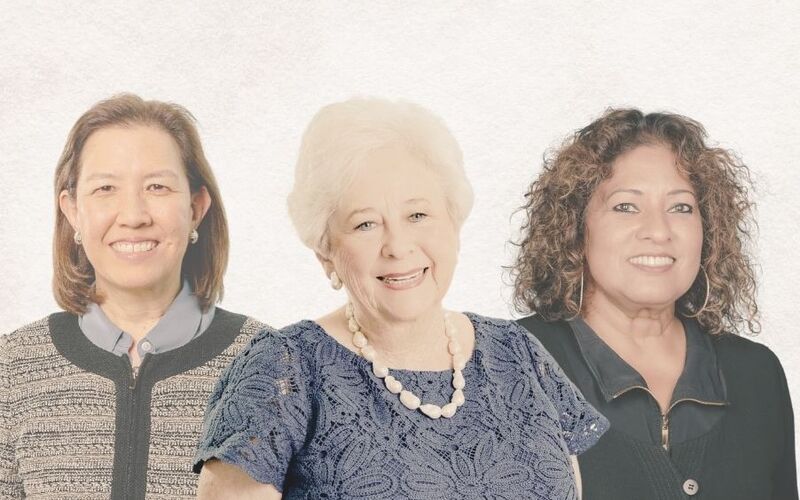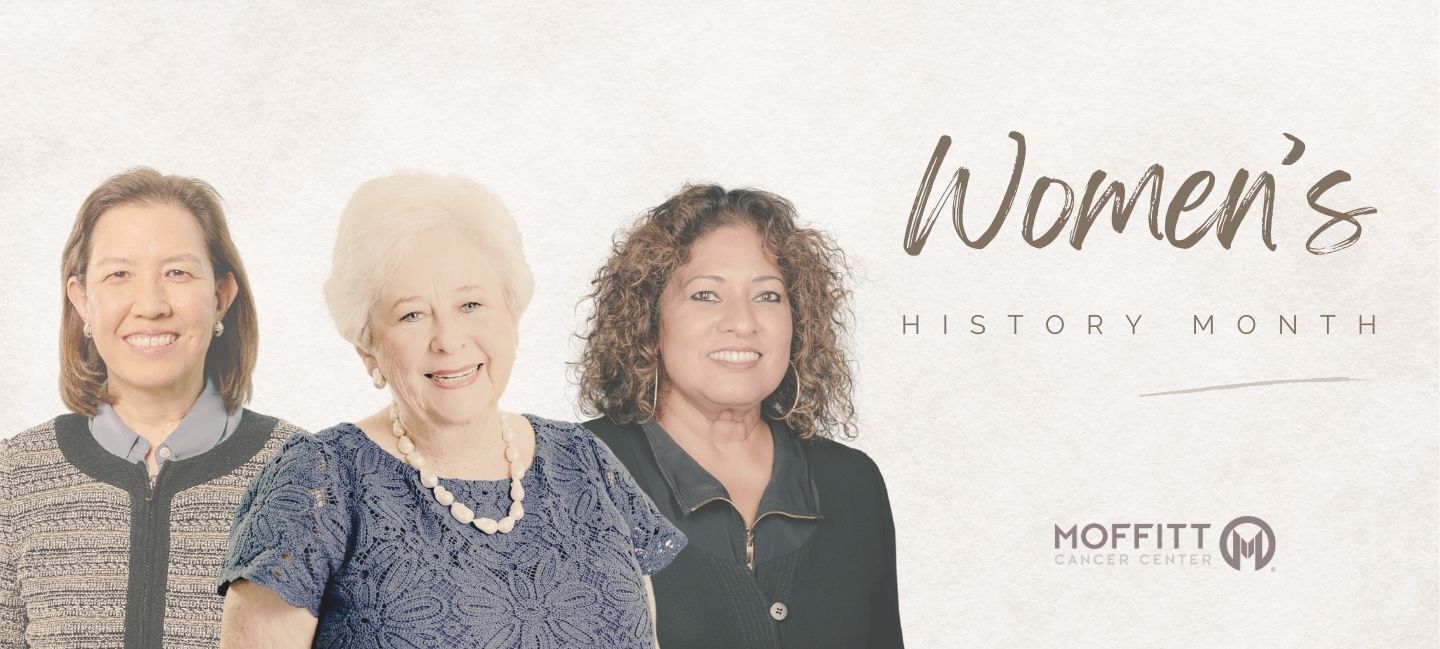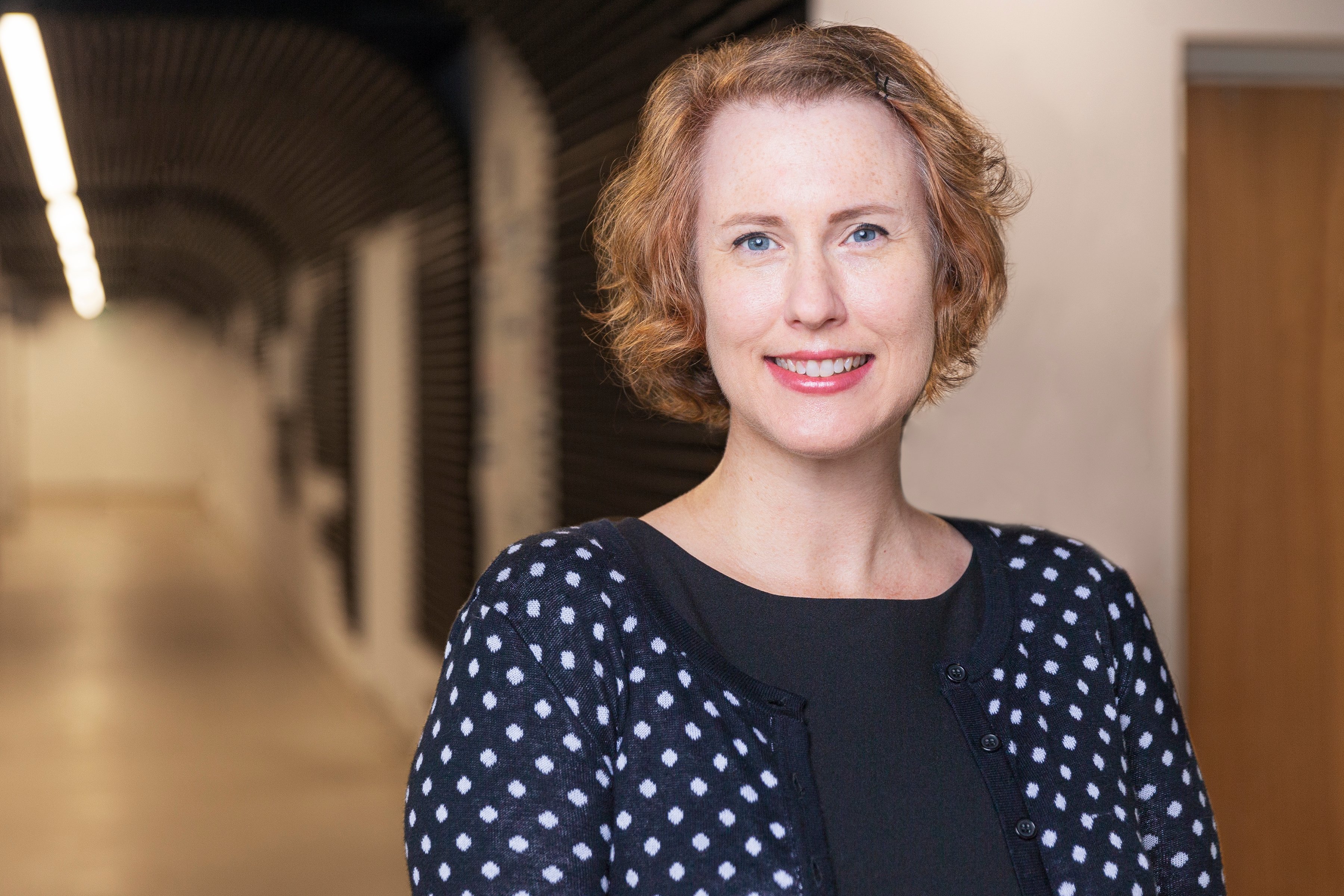Meet 3 Women Who Are Shaping Moffitt’s History
The story goes that when Elizabeth Blackwell was growing up, she didn’t know exactly what she wanted to be. But when asked, the determined little girl was certain that she was destined to do “something hard.” In 1849, Blackwell lived up to her words, becoming the first woman to graduate from an American medical school and paving the way for countless others to follow in her footsteps.
As a young woman in 1850s England, Florence Nightingale bucked her family’s wishes to settle down and instead began pursuing training as a nurse. The profession was not widely respected at the time, but Nightingale revolutionized that. After setting standards of care as a nurse treating soldiers during the Crimean War, Nightingale went on to open the first school of nursing in the world in 1860.
In 1945, Jane C. Wright earned her medical degree and became one of just a few African American doctors in the United States. During her distinguished career, Wright spearheaded research into experimental medications that would become a staple of modern-day cancer treatment — chemotherapy. Her chemotherapy research was widely published, and in 1964, she was the sole woman doctor among a group of seven who cofounded the American Society of Clinical Oncology (ASCO).
Women’s contributions to medicine and science have shaped the world in immeasurable ways. In honor of National Women’s History Month at Moffitt Cancer Center, we are highlighting just a few of the inspiring women who have made an impact on Moffitt’s mission to contribute to the prevention and of cure cancer.
Nagi Kumar, PhD
For Nagi Kumar, PhD, personal history drove her into the field of oncology. With 36 physicians in her family, Kumar comes from a long line of medical professionals. She was inspired to go into medicine by her mother, an OB-GYN. But her interest in the field of cancer research was sparked by the loss of her father, who died from Hodgkin lymphoma when she was 4 years old.
Kumar was employee number 11 when Moffitt first opened its doors in 1986. “My first tour of Moffitt Cancer Center was wearing a hard hat,” she noted.
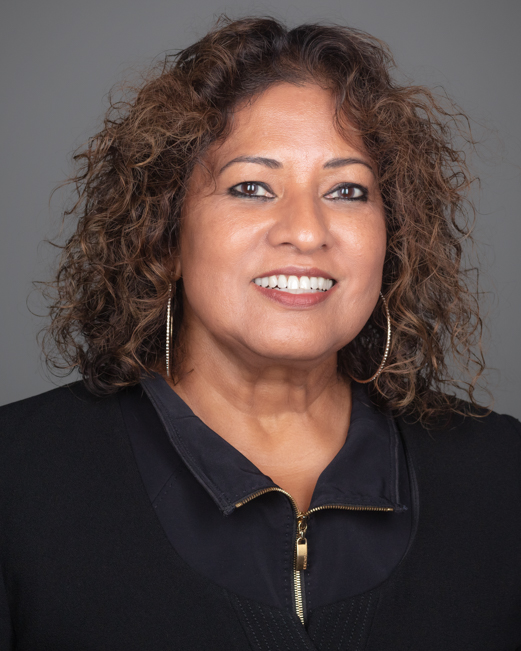
For almost four decades, Kumar has focused her research on making cancer treatments more effective and remedying their side effects. Early in her career, she established the cancer center’s department of clinical nutrition. Now, as a senior member of the Cancer Epidemiology Department, she has developed a program to accelerate agent development and biomarker validation for cancer chemoprevention.
How will her work and the work of her fellow scientists shape history?
“Our accomplishments are the day when cancer becomes a chronic disease, where we’re telling a patient, ‘We can manage this.’ Just like a diabetic with insulin. And that’s what some of these cancers are becoming. And I’m a part of that. It’s such a great feeling of hope for the future.”
Celia Ferman
Celia Ferman has been a force for Moffitt since she joined the cancer center’s first board of directors 25 years ago. During her time on the board, she was driven by the personal stories she often heard from patients. Stories of tough times, triumph and a consistent culture of caring.
In her more than two decades of service, Ferman helped shape the expansion of a young cancer hospital into an innovative system of care. She co-founded the Merit Society, a women-only philanthropic society that supports female cancer physicians and researchers. She helped fund and create a peaceful garden outside of the Moffitt McKinley Hospital, and a conference room in the Stabile Research Building bears her name. In 2024, Ferman funded Moffitt’s mobile lung screening unit, the first program of its kind in the state. The unit will broaden access to low-dose CT scans for patients throughout the community, potentially saving lives for years to come.
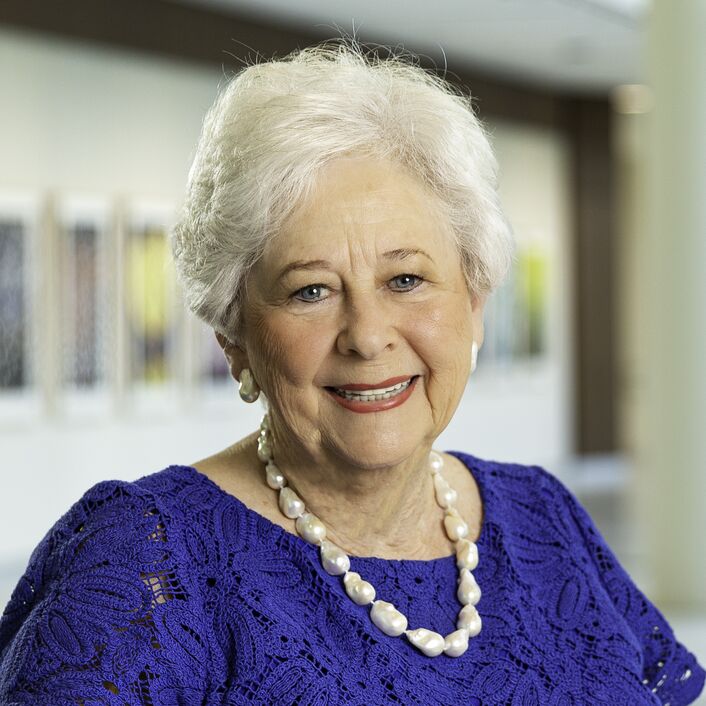
Although Ferman has stepped back from her historical board role, she continues to advocate for Moffitt’s mission as an emeritus board member.
“I hope my legacy is that this is a place for ordinary people to be part of an extraordinary place,” she said. “I have just been grateful to be a part of it. I can’t do the research, I can’t do the medicine, but I love being able to be part of something that is so important to so many lives.”
Karen Lu, MD
Karen Lu, MD, joined Moffitt in 2024 as the cancer center’s first woman physician in chief. A nationally recognized physician-scientist, Lu specializes in advancing care for women with ovarian and endometrial cancers. She has proved herself as a national leader in the cancer genetics field, publishing pioneering work on hereditary gynecological cancers.
“For me, it’s so meaningful to be able to care for that patient with cancer, but also sometimes be able to prevent that cancer in family members,” she said. “Taking care of cancer patients really drives me to develop new strategies for early detection and prevention.”
Lu oversees the Moffitt Medical Group, Florida’s largest multidisciplinary medical group practice made up of over 600 faculty members and advanced practice providers. She sees the future of cancer prevention, screening and treatment in Moffitt’s multidisciplinary team approach.
“As physicians and scientists, we need to continue observing and looking for answers,” she explained. “One of the things I appreciate about Moffitt is that here cancer research is a team sport. It is such a rewarding endeavor when you have individuals with different expertise come together to try to understand and solve a problem.”
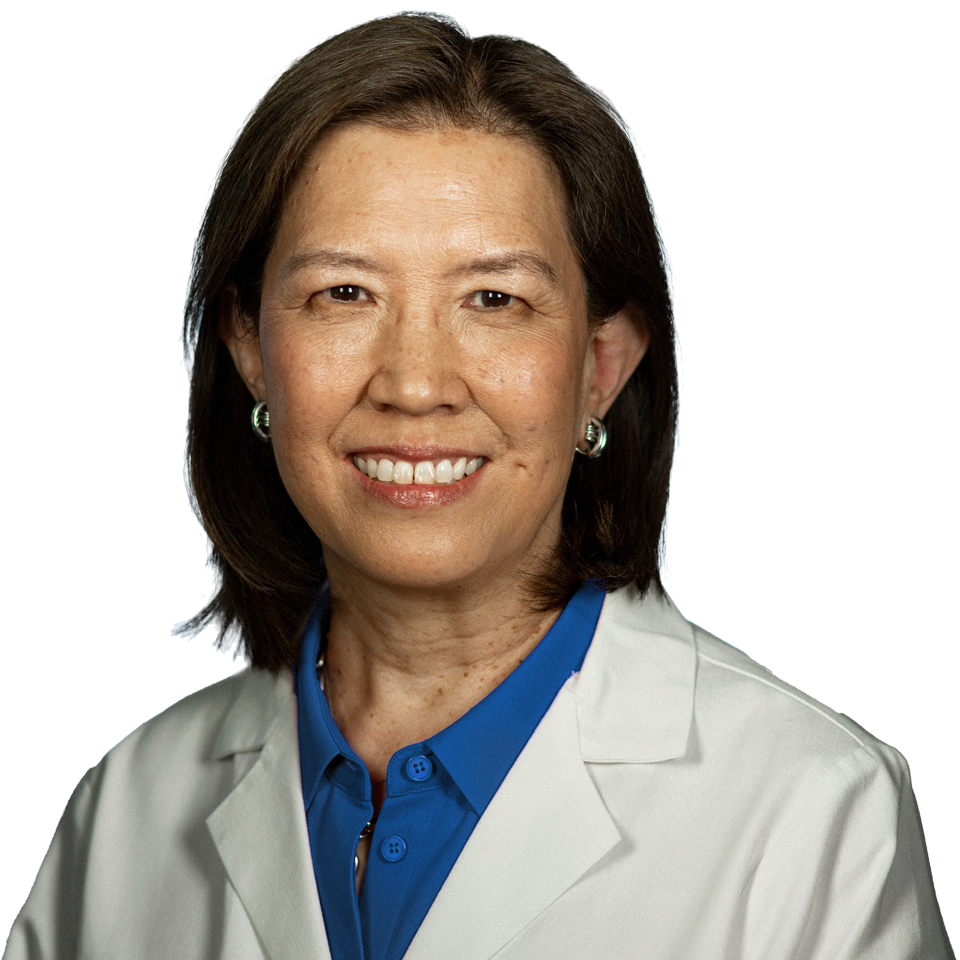
When Lu reflects on her career, she sees both how far the field of oncology has come and how much progress there is on the horizon.
“It’s an incredibly exciting time to be in cancer research,” she recently told a group of women physicians and scientists at Moffitt’s Women in Oncology Grand Rounds event. “When I have the chance to meet with trainees, I tell them: ‘You are so lucky to be starting your career right now because how we care for patients with cancer is going to be dramatically different in your lifetime than in my lifetime.’”


